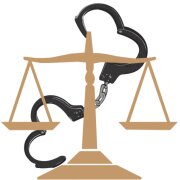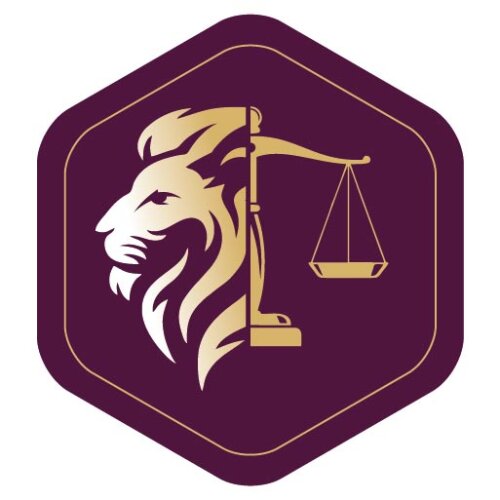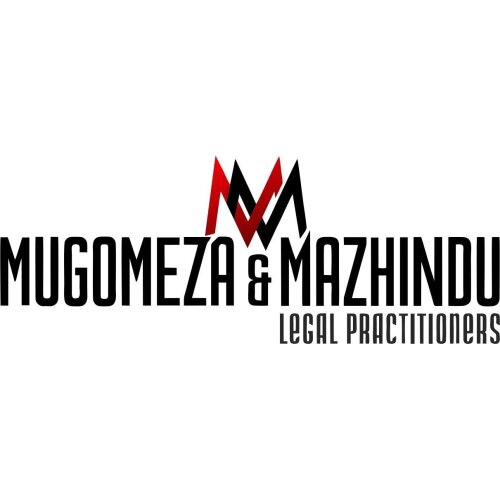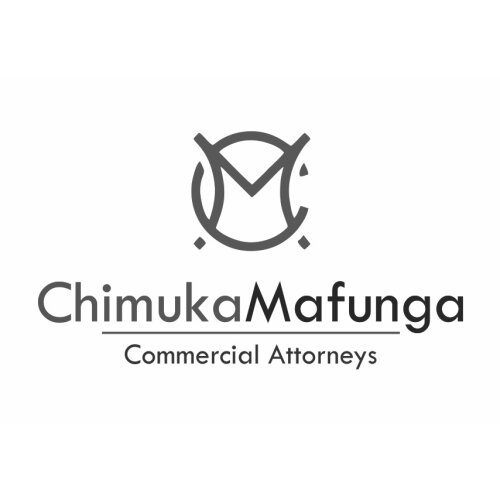Best Antitrust Litigation Lawyers in Harare
Share your needs with us, get contacted by law firms.
Free. Takes 2 min.
List of the best lawyers in Harare, Zimbabwe
About Antitrust Litigation Law in Harare, Zimbabwe
Antitrust litigation in Harare, Zimbabwe refers to the legal processes used to address disputes and violations relating to competition laws. These laws aim to promote fair competition, prevent monopolistic behavior, and protect consumer interests in the market. In Zimbabwe, antitrust litigation typically involves the investigation of anti-competitive practices, such as price fixing, market allocation, cartel conduct, abuse of dominance, and restrictive trade agreements. As the capital and largest city, Harare is a focal point for commercial activity, making antitrust issues particularly relevant for businesses and consumers alike.
Why You May Need a Lawyer
There are several common situations where seeking legal counsel in antitrust litigation is crucial:
- If you suspect that your business or organization is a victim of anti-competitive practices by competitors or suppliers, such as unfair pricing agreements or exclusion from the market.
- If you are accused of engaging in behavior that restricts competition, such as forming a cartel or abusing a dominant position.
- If you are involved in a merger or acquisition that may attract scrutiny for its potential impact on market competition.
- If you need guidance navigating investigations by the Competition and Tariff Commission (CTC) or responding to enforcement actions or penalties.
- If you are a consumer or business affected by monopolistic or restrictive trade practices that limit your ability to compete fairly.
Lawyers specializing in antitrust litigation can help protect your rights, represent you in negotiations or court, and ensure compliance with complex competition regulations.
Local Laws Overview
Antitrust litigation in Harare is largely governed by the Competition Act [Chapter 14:28] of Zimbabwe. The Act establishes the Competition and Tariff Commission (CTC), which is responsible for investigating and addressing anti-competitive conduct in the market. Key provisions of the law include:
- Prohibition of Restrictive Practices - This covers collusive agreements, price fixing, bid rigging, and other behaviors that restrict trade and harm competition.
- Regulation of Mergers - Parties involved in mergers or acquisitions meeting certain thresholds must seek CTC approval, especially if the transaction may affect competition.
- Abuse of Dominance - Companies with a dominant market position are prohibited from abusing that position to the detriment of competitors or consumers.
- Penalties and Remedies - The CTC has powers to order cessation of prohibited conduct, impose fines, and issue orders to restore competitive conditions in the marketplace.
Harare’s business landscape, coupled with these robust laws, creates an environment where antitrust compliance and litigation are important for all market participants.
Frequently Asked Questions
What is antitrust litigation?
Antitrust litigation is a legal process in which parties pursue claims or defenses relating to anti-competitive conduct, such as monopolistic behavior, collusion, or abuse of market power.
What authority regulates antitrust issues in Harare?
The Competition and Tariff Commission (CTC) is the main regulatory body overseeing competition law and antitrust enforcement in Zimbabwe, including Harare.
How do I know if my competitor is violating antitrust laws?
You may notice suspicious patterns such as price fixing, market sharing agreements, group boycotts, or abuse of dominant positions. Gathering evidence and consulting a lawyer are important initial steps.
What penalties exist for breaching competition laws?
Penalties may include substantial fines, orders to cease prohibited conduct, orders to make changes within the business, and in some cases, criminal prosecution for severe violations.
Do mergers need approval from regulatory authorities?
Yes, if a merger or acquisition meets certain thresholds or is likely to affect competition, parties must get approval from the Competition and Tariff Commission before finalizing the transaction.
Can consumers file complaints about anti-competitive behavior?
Yes, both consumers and businesses can lodge complaints with the Competition and Tariff Commission if they believe anti-competitive behavior is taking place.
How long does an antitrust investigation take?
The timeline can vary depending on the complexity of the case. Some investigations may conclude in a few months, while others involving extensive evidence review may take longer.
What evidence is needed in an antitrust lawsuit?
Evidence may include communications between parties, contracts, pricing data, market analysis, and any materials demonstrating restrictive practices or unfair competitive conduct.
What should I do if I receive a notice from the CTC?
You should contact a lawyer experienced in competition law immediately to help you understand your rights, prepare an appropriate response, and represent you during any proceedings.
Can small businesses or individuals challenge large corporations for antitrust violations?
Yes, the law is designed to protect all market participants. With professional legal assistance, small businesses and individuals have the right to challenge anti-competitive conduct by larger entities.
Additional Resources
Those seeking further information or legal support regarding antitrust litigation in Harare can consult the following resources:
- Competition and Tariff Commission (CTC) - The principal regulatory authority for competition matters in Zimbabwe.
- Zimbabwe Law Society - Provides access to directories of qualified legal practitioners specializing in competition and commercial law.
- Ministry of Industry and Commerce - Offers guidance on compliance and business regulations affecting competition.
- Academic institutions and legal aid clinics - Some universities and organizations provide research, advice, or support services related to competition law.
Next Steps
If you believe you are affected by anti-competitive conduct, or if you face allegations of breaching competition laws in Harare, consider the following steps:
- Document all relevant information connected to the matter, including communications, contracts, and any evidence of the suspected behavior.
- Consult a lawyer specializing in antitrust or competition law to assess your case and discuss potential strategies.
- Prepare to cooperate with regulatory authorities if necessary and respond promptly to any official notices or requests for information.
- Stay informed about your rights and obligations under the Competition Act, and seek professional advice before making business decisions that could have competition implications.
Taking timely action and relying on expert legal counsel can significantly improve your ability to protect your interests and comply with Zimbabwe’s antitrust laws.
Lawzana helps you find the best lawyers and law firms in Harare through a curated and pre-screened list of qualified legal professionals. Our platform offers rankings and detailed profiles of attorneys and law firms, allowing you to compare based on practice areas, including Antitrust Litigation, experience, and client feedback.
Each profile includes a description of the firm's areas of practice, client reviews, team members and partners, year of establishment, spoken languages, office locations, contact information, social media presence, and any published articles or resources. Most firms on our platform speak English and are experienced in both local and international legal matters.
Get a quote from top-rated law firms in Harare, Zimbabwe — quickly, securely, and without unnecessary hassle.
Disclaimer:
The information provided on this page is for general informational purposes only and does not constitute legal advice. While we strive to ensure the accuracy and relevance of the content, legal information may change over time, and interpretations of the law can vary. You should always consult with a qualified legal professional for advice specific to your situation.
We disclaim all liability for actions taken or not taken based on the content of this page. If you believe any information is incorrect or outdated, please contact us, and we will review and update it where appropriate.

















